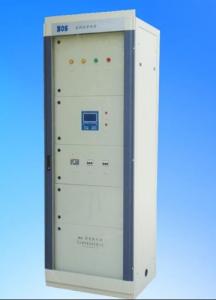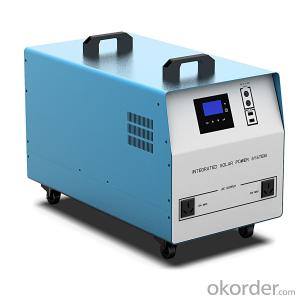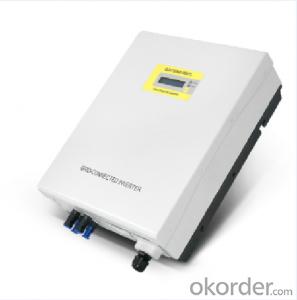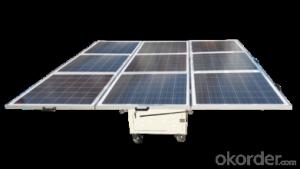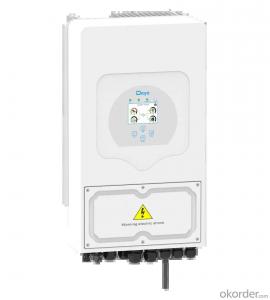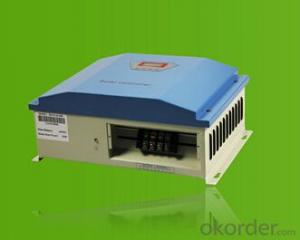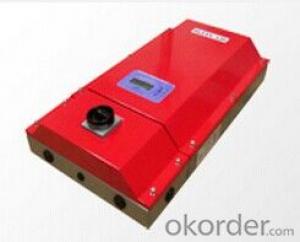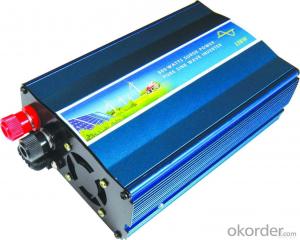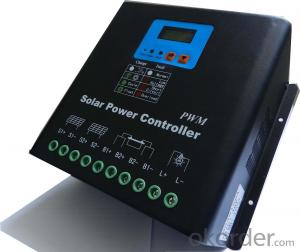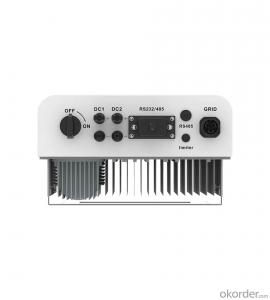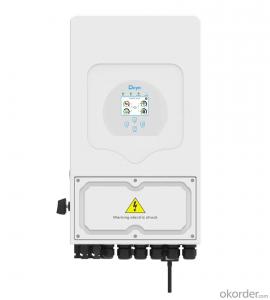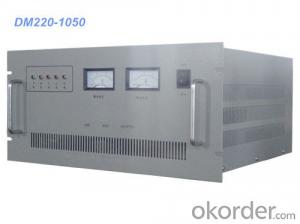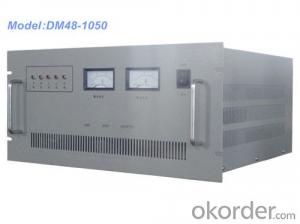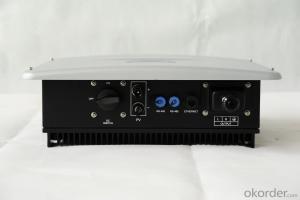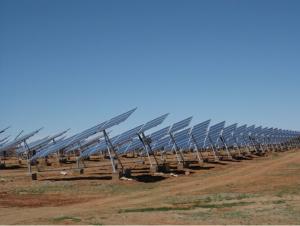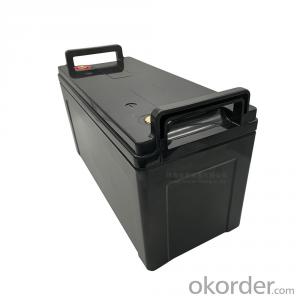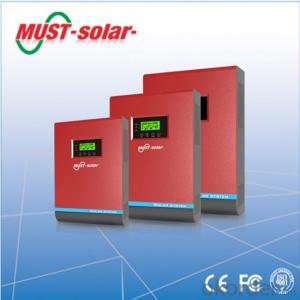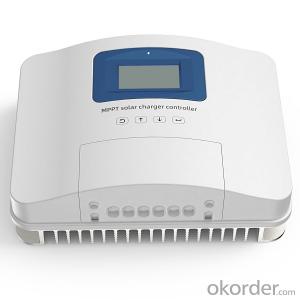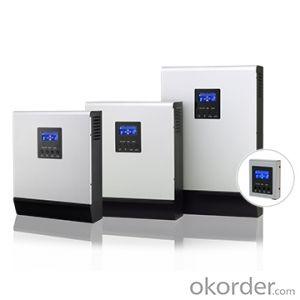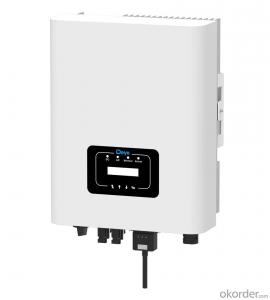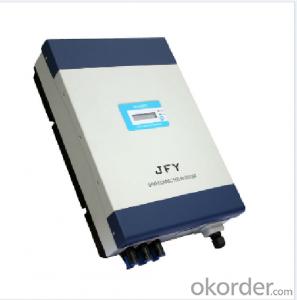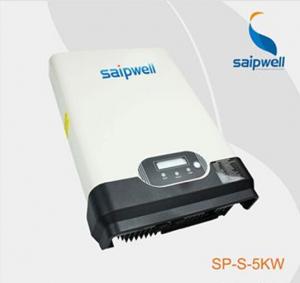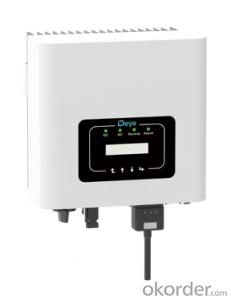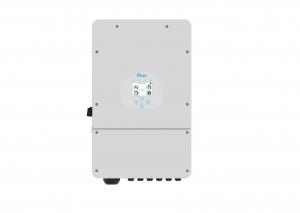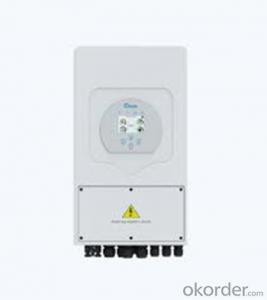5kva/48v Mppt Solar Inverter
5kva/48v Mppt Solar Inverter Related Searches
5kva Mppt Solar Inverter 5kw Mppt Solar Inverter Mppt Solar Inverter 5kw Mppt Solar Inverter 48v 5kw 48v Solar Inverter Oem 5kw 48v Solar Inverter Mppt Solar Power Inverter Mppt Solar Inverter 2kva Mppt Solar Inverter Mpp Solar 48v Inverter Solar 5kva Inverter Mpp Solar Inverter 48v 5kva Solar Inverter 5kv Solar Inverter 2kw Mppt Solar Inverter 5kw Solar Power Inverter 12v Mppt Solar Inverter Mppt Inverter Solar 5kw Solar Inverter Solar 5kw Inverter 3kva Mppt Solar Inverter Solar Power 5kw Inverter 5kw Solar Panel Inverter 24v Mppt Solar Inverter Mppt Solar Pump Inverter Mppt Based Solar Inverter 2.5 Kva Mppt Solar Inverter 5 Kva Solar Inverter Mppt Inverter For Solar System Mppt Solar Inverter 24v5kva/48v Mppt Solar Inverter Supplier & Manufacturer from China
The 5kva/48v Mppt Solar Inverter is a high-performance solar power conversion device designed to efficiently convert solar energy into usable electrical power. This advanced inverter features Maximum Power Point Tracking (MPPT) technology, which optimizes the energy extraction from solar panels by constantly adjusting the operating voltage to match the maximum power point of the panels. This ensures that the system operates at peak efficiency, maximizing energy output and reducing energy waste.The 5kva/48v Mppt Solar Inverter is widely used in various applications, including residential, commercial, and industrial settings. It is particularly suitable for off-grid solar power systems, where it can provide a reliable and stable power supply for homes, businesses, and remote locations. Additionally, this inverter can be integrated into grid-tied solar systems, where it helps to reduce electricity bills by feeding excess solar power back into the grid. Its versatility and efficiency make it an ideal choice for a wide range of solar power generation needs.
Okorder.com is a leading wholesale supplier of the 5kva/48v Mppt Solar Inverter, offering a large inventory of this high-quality product at competitive prices. As a trusted distributor, Okorder.com ensures that customers receive reliable and efficient solar inverters, backed by excellent customer service and support. Whether you are a solar installer, contractor, or end-user, Okorder.com is committed to providing you with the best 5kva/48v Mppt Solar Inverter solutions to meet your energy needs.
Hot Products
